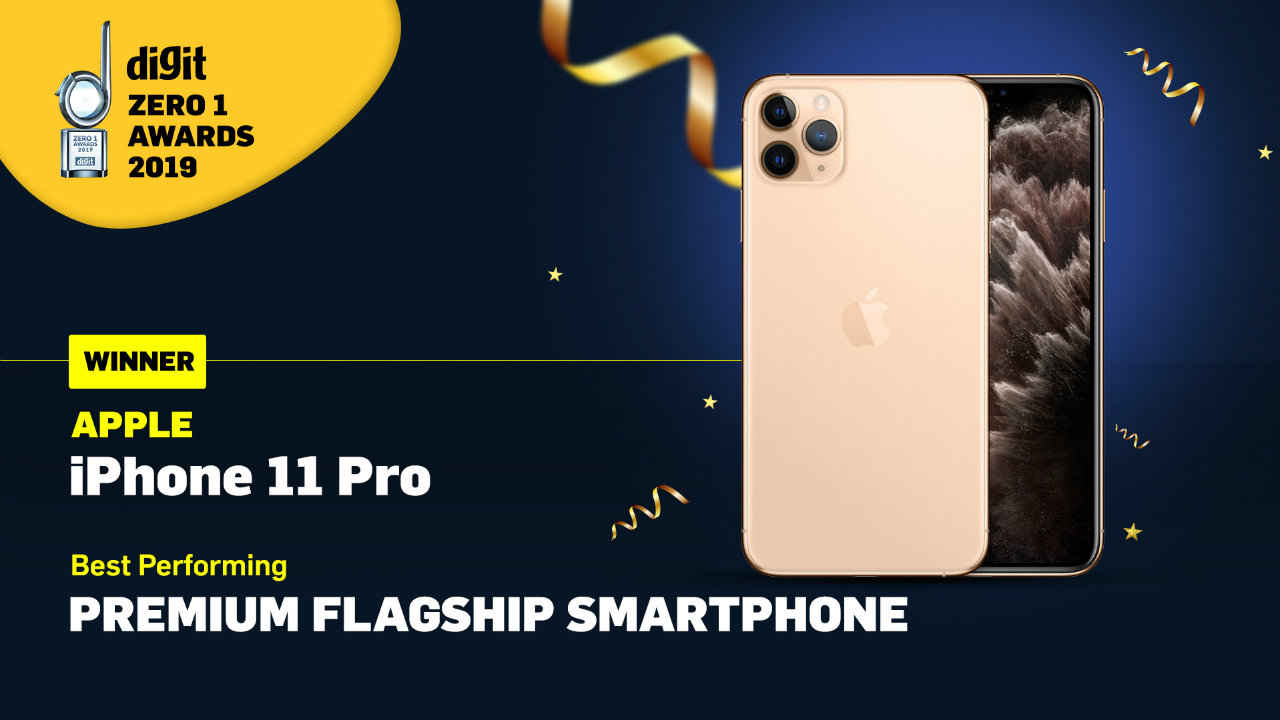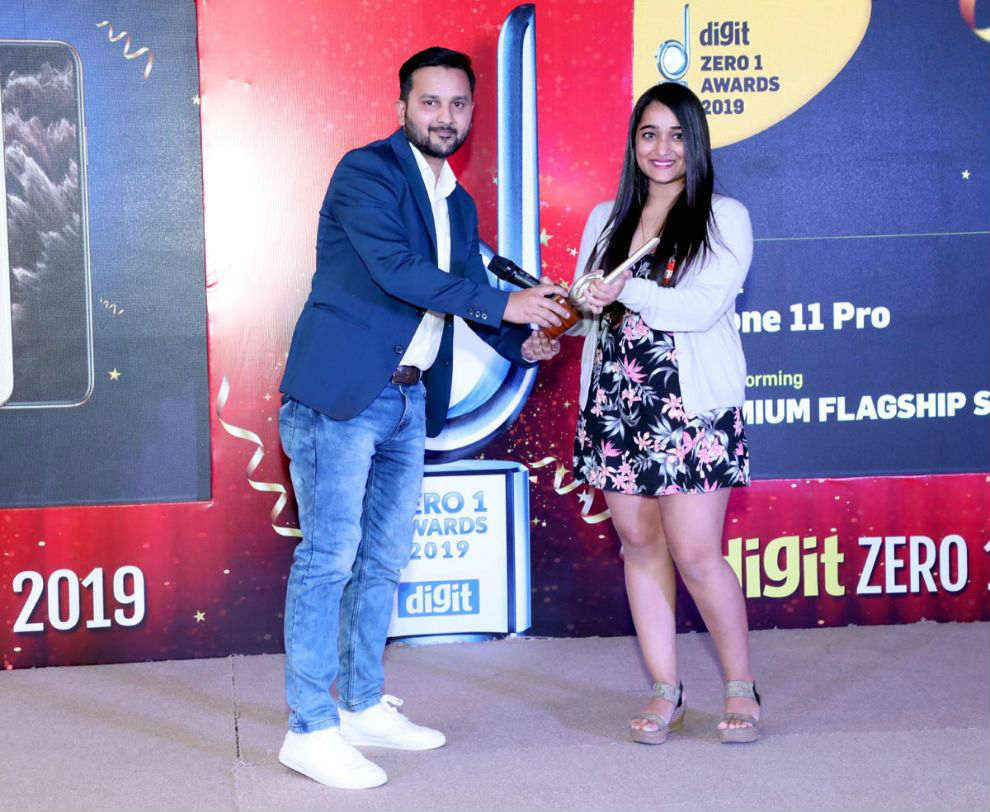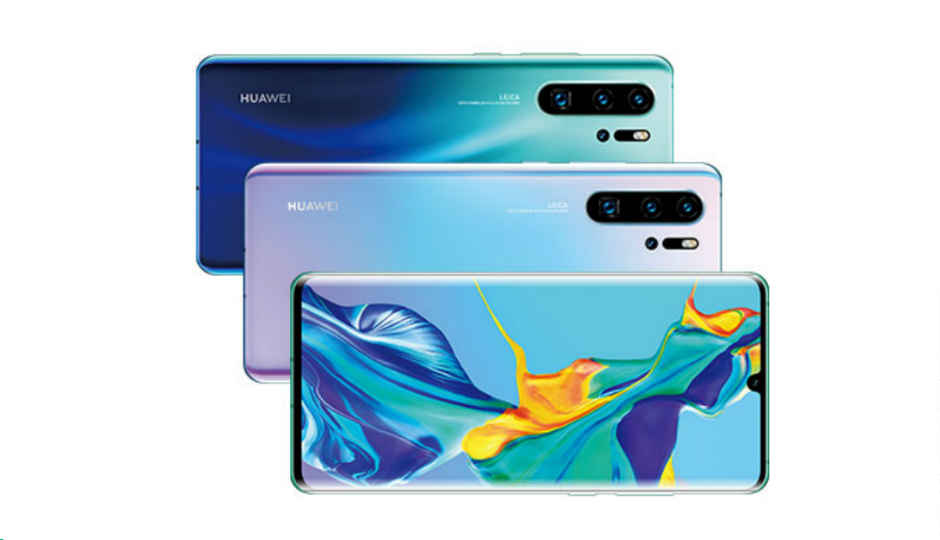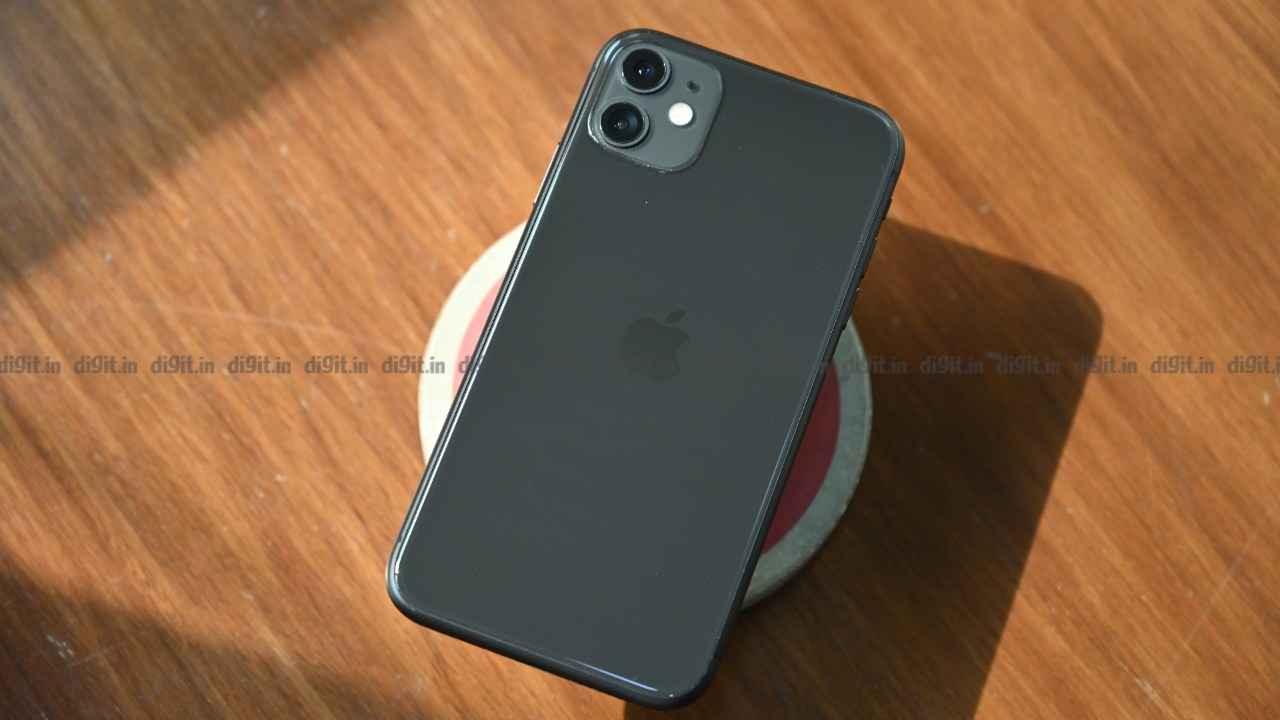Digit Zero 1 Awards 2019: Best performing premium flagship smartphone
The cream of the crop

The biggest trend in the world of smartphones in 2019 is incorporating bigger sensors with a higher megapixel count. While many of the mid-range and high-end smartphones adopted the trend, the premium flagship devices continued to retain their 12-megapixel sensors, having perfected them over so many years. We also saw improvements in display technologies, with HDR becoming far more common, and even improvements in battery tech. It has been an exciting year testing and retesting phones as manufacturers continued to push out updates that continued to make their phones better. At the end of it all, however, there can only be one winner.
 Survey
SurveyWinner: Apple iPhone 11 Pro

Apple has consistently been beating the Android counterparts due to its tight integration of hardware and software. This year, the A13 Bionic chip can cleverly turn off parts of the chip’s circuitry that aren’t needed. There’s more power for ML tasks thanks to dedicated ML nodes and the hexa-core SoC legitimately outperforms last year’s chip from Apple. Interestingly, the iPhone 11 Pro powered by the A13 Bionic chipset the new benchmark for performance this year in our test. The iPhone 11 Pro pulled ahead in synthetic benchmarks and also delivered top-notch performance in real-world tasks. Gaming on the iPhone was rock steady at 60fps for most games that support the frame rate, with the stability in the high 90s. The display was the brightest in its class, measuring in at 860 nits. Apple also addressed the criticism on battery life by increasing it in size and employing hardware and software tricks to significantly boost it. We noted an average of 5-6 hours of SoT on a single charge. Apple also improved the camera by a huge margin. All of the improvements culminated to make the iPhone 11 Pro the undisputed winner for the best premium flagship smartphone category in our Zero1 Awards.
Runner up: Huawei P30 Pro

The Huawei P30 Pro set several benchmarks earlier in the year, one for photography. Huawei created a new type of sensor that allows the phone’s regular camera mode to take photos that others need a dedicated night mode for. The 40-megapixel large format sensor really helped the P30 Pro set itself apart from the rest of the smartphones tested this year. But that was not all. The 7nm based Kirin 980 was the first to use Cortex A76 cores and also feature dual neural processing cores for faster on-device machine learning. Despite the rough patch, Huawei is going through now, we know for a fact that the P30 Pro will continue to receive support from Huawei and have access to Google services for the foreseeable future.
Best Buy: Apple iPhone 11

The iPhone 11 performs equally well as the iPhone 11 Pro, thanks to the same A13 Bionic processor. It packs a bigger battery and replaces the OLED panel for an IPS-LCD display with a resolution of 828 x 1792, resulting in the best battery life we’ve seen from an iPhone yet. Even though the display is an IPS LCD panel, it still supports Dolby Vision and HDR10 video playback. The camera stack drops the telephoto lens, but retains the primary and the ultra-wide camera from the more expensive iPhone 11 Pro, meaning that the camera performance is also identical. Given how similar the performance is of the iPhone 11 to the Pro variant, for a lower price even when compared to the Android flagships, it's hard to deny the significant value for money offered by the device. Hence, the Apple iPhone 11 wins this year’s Best Buy recommendation from us.